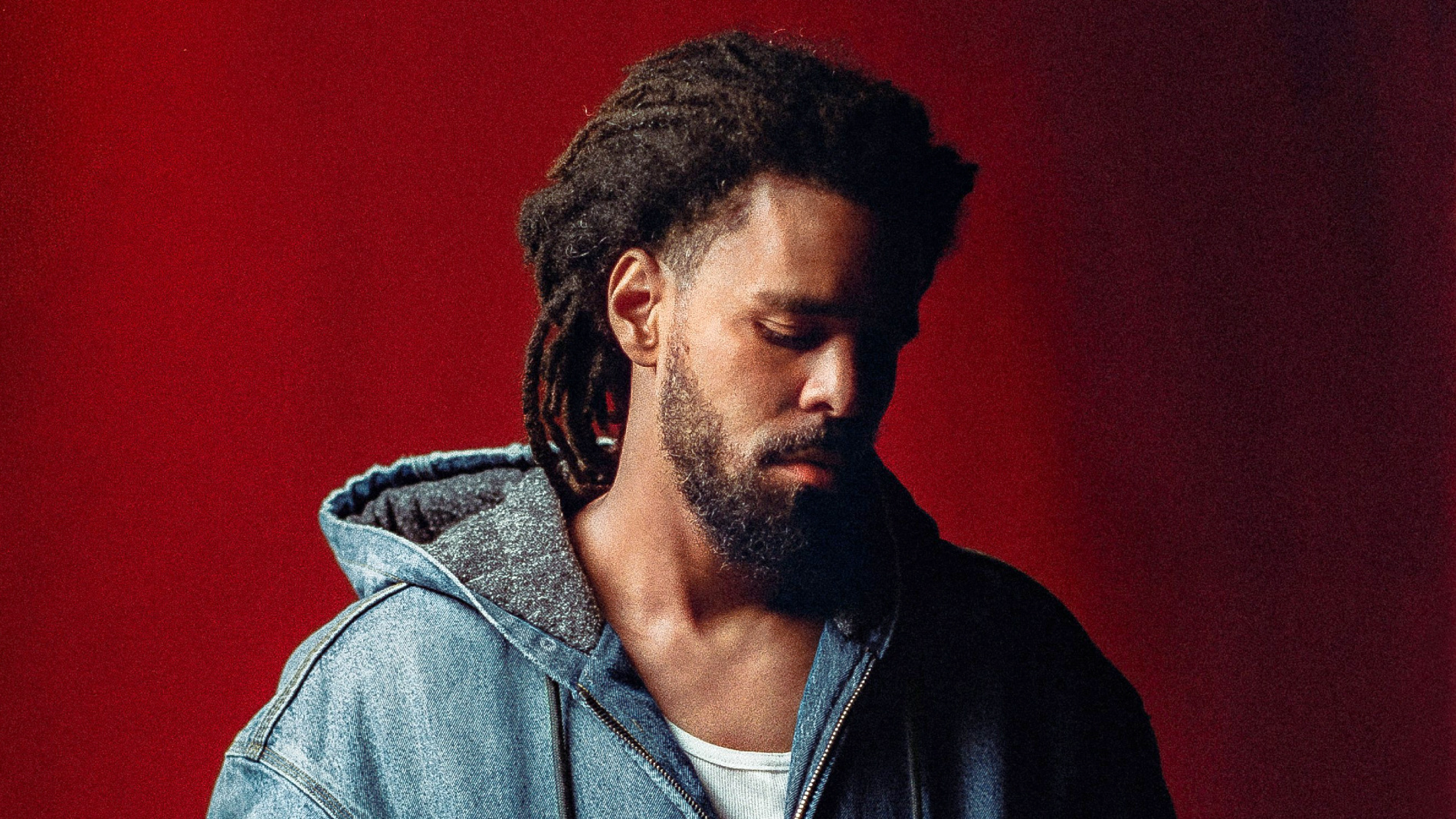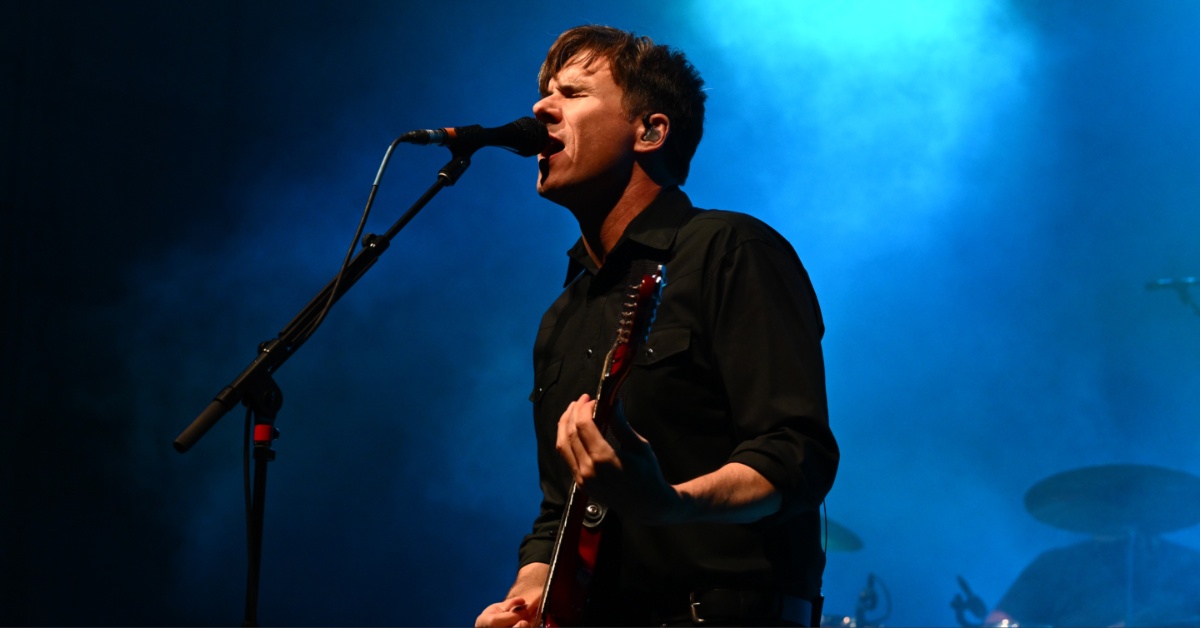“Long-awaited” is a gross understatement for Telos, Zedd’s new album. For nine years fans have anxiously waited, and the dance music icon made sure it wasn’t in vain.
Unlike his global hit singles “The Middle” and “Stay,” which dabbled in tried-and-true dance-pop arrangements, Telos illuminates a more analytical side of Zedd that craves artistic expression through unexpected mediums.
“Telos has multiple meanings, one of them being ‘accomplishment’ or ‘completion of human art,'” Zedd explains. “‘The end’ is another interpretation of it, and I relate to all of them. I grew up listening to these albums that shaped me as a musician, and I never thought I would be able to create anything as good as those, but as I was completing Telos, I really felt the same emotion I was given by those incredible albums when I grew up.
“I created something I didn’t think I was capable of—it just took a long time.”
The Telos tracklist reflects the influence of classical and orchestral compositions on Zedd’s sound, with each song containing the theatrical whimsy that stems from his musical upbringing. It’s an intentional yet unabashed mixture of synth and symphony, resulting in an album that should prove timeless.
Opening up about Telos, he paints a picture of a deeply personal journey of cognitive dissonance, ultimately emerging victorious with regard to his vision.
“What I’ve always dreamed of doing is creating an album that I genuinely believe 30 years from today, I will look back and be incredibly proud of, that will be just as amazing then as it is right this moment, because it’s not based on trends,” Zedd says. “It’s not based on sound design that might fall off after a while. It’s based on music, and so are the albums that I still to this day adore that were released 20, 30, 40, and 50 years ago. [With Telos], I accomplished just that. It just took a bit of time to get there.”
Ivan Meneses/AI Visuals
Funk holds an indomitable sway over many Telos tracks, with slap-bass acting as the glue that ties together their arrangements. That approach gleams throughout “Automatic Yes,” a compelling collaboration with John Mayer; and “Out of Time” and “Tangerine Rays,” each of which feature a radiant Bea Miller.
The flames of exploration are then starkly stoked with the intense and worldly interlude “Shanti,” a collaboration with Grey, Zedd’s “Middle” collaborators. The understated “No Gravity” (with Bava) follows in similarly penetrating fashion, blasting us from world travels into outer space. Here, an undertow of tenderness eliminates gravity, leaving soothing bass guitar and gentle vocals to serve as our only tether to the ground.
In an unexpected—but completely welcome—pivot, Zedd taps Irish folk group the olllam for “Sona,” bringing a retro, cinematic twist to Telos. Elsewhere, “Descensus” soars with fiery electric guitar riffs and dramatic cymbal crashes, leading a futuristic charge alongside pop artist Dora Jar.
An undeniable highlight of Telos arrives with “Dream Brother,” which samples the late great musician Jeff Buckley’s song of the same name from his celebrated 1994 album Grace. Awash in Zedd’s scintillating production, the track churns to a drum beat that resembles the eeriness of a ticking clock counting down to the unknown.
Closing out Telos, famed rock group Muse joins Zedd for “1685,” a track that swells with a fierce and theatrical fervor. Clocking at just over six minutes, the track sounds as a lullaby might, the gentle plunking of notes serving as a reverent reflection on the many masterstrokes of the album.
Listen to Telos below find the new album on streaming platforms here.
Follow Zedd:
X: x.com/zeddInstagram: instagram.com/zeddTikTok: tiktok.com/@zeddFacebook: facebook.com/zeddSpotify: spoti.fi/2CoYpk2







